Indigenous Senator Jacinta Nampijinpa Price tears up during Voice interview
Senator Jacinta Price has fought through tears while revealing the huge emotional impact the Voice debate has had on her family.
Indigenous Senator Jacinta Nampijinpa Price has broken down while revealing the moment that cemented her stance on the Voice.
The prominent No campaigner has been vocal about how she doesn’t believe the Constitution should be amended to recognise Indigenous Australians as the nation’s First Peoples and enshrine a permanent, independent Aboriginal and Torres Strait advisory body, or “Voice”, to parliament and the executive government.
In a tearful interview aired as part of the Sky News documentary The Voice: Australia Decides, Senator Price revealed the devastating effects the campaign has had on her own family, including a horrific attack on her grandmother.
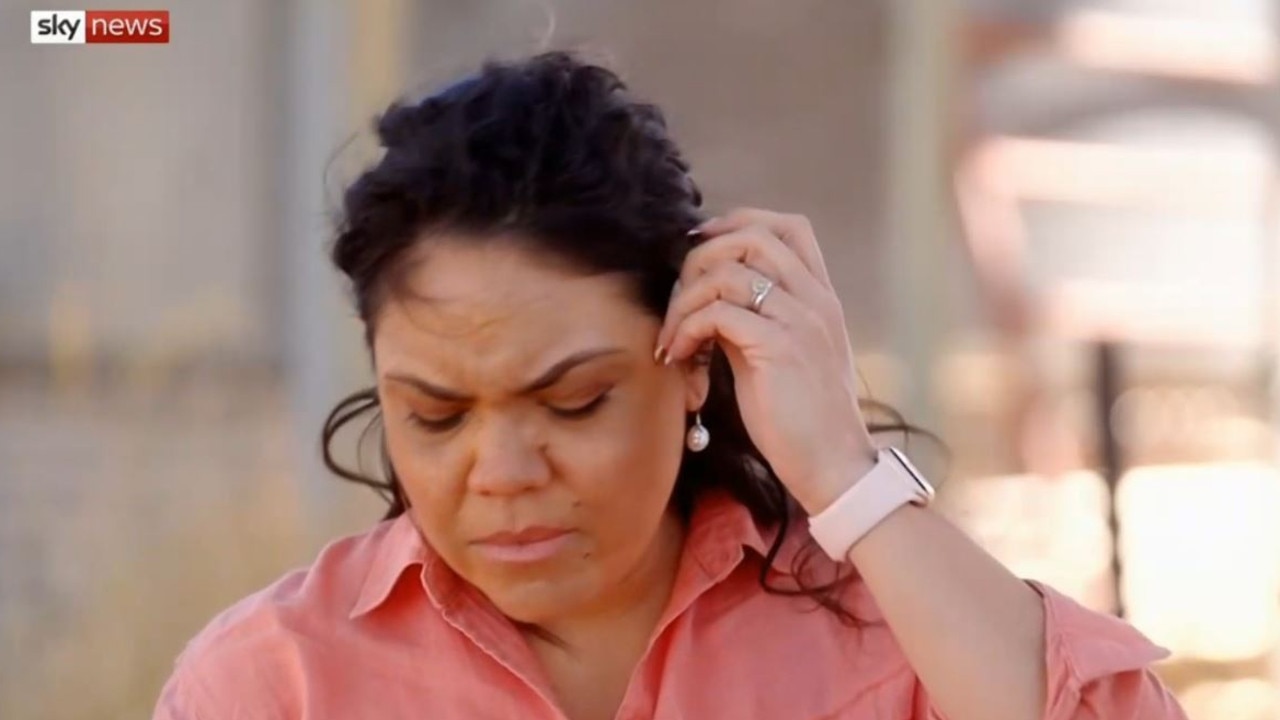
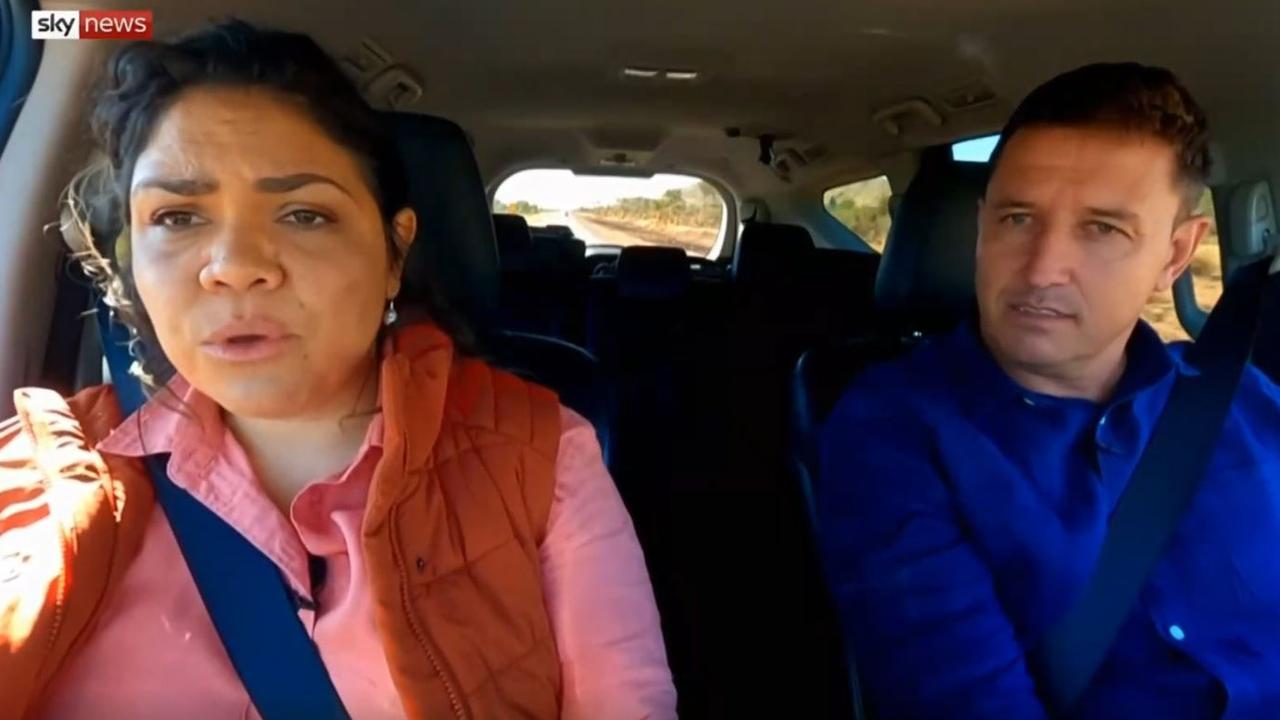
After travelling 300km with reporter Matt Cunningham from Alice Springs to her family’s property of Yuendumu, the pair were told by an elder they weren’t welcome in the community.
The senator said she was “disappointed, disrespected and completely disregarded” after arriving to speak with her grandmother, who was earlier violently beaten.
“I should have been able to come in and talk directly to my family members about their thoughts as Australian citizens and individuals in their own right about what they do know and don’t know about the referendum,” Ms Price said.
“Without fear of backlash, they should have the freedom to have their voice heard, ultimately.”
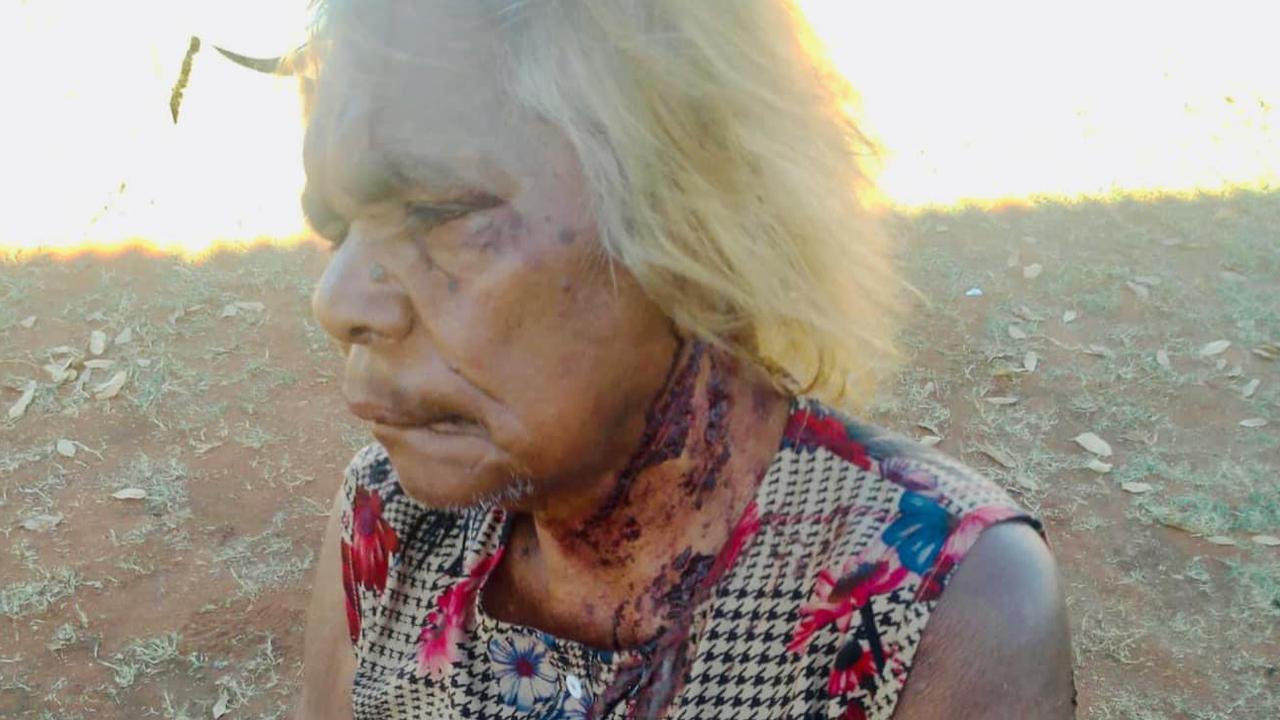
Ms Price said her grandmother was punched and attacked at a land council meeting months earlier.
Through tears, Ms Price said her grandmother was threatened and attacked so badly that now she “can’t even talk”.
“Now her voice is not being heard,” she said, explaining she posted a graphic image of her grandmother’s injuries on social media to show the blood streaming down the elderly woman’s face.
Ms Price said it’s hard for people to understand what it’s like when they don’t live in remote communities, explaining she has had multiple family members die, including two uncles, as a result of alcohol and an aunt who was stabbed to death in an alcohol-fuelled attack.
She said the relative was stabbed and “drowned in her own blood” because her “ex didn’t want her to live in NSW and have an opportunity at life”.
“I’m a tough person, but there’s kids living in this and this is normalised to them,” she said.
Ms Price argued that Indigenous communities are “simply not respected” as individual people and are instead treated as a “collective” which is controlled by “the powerful”.
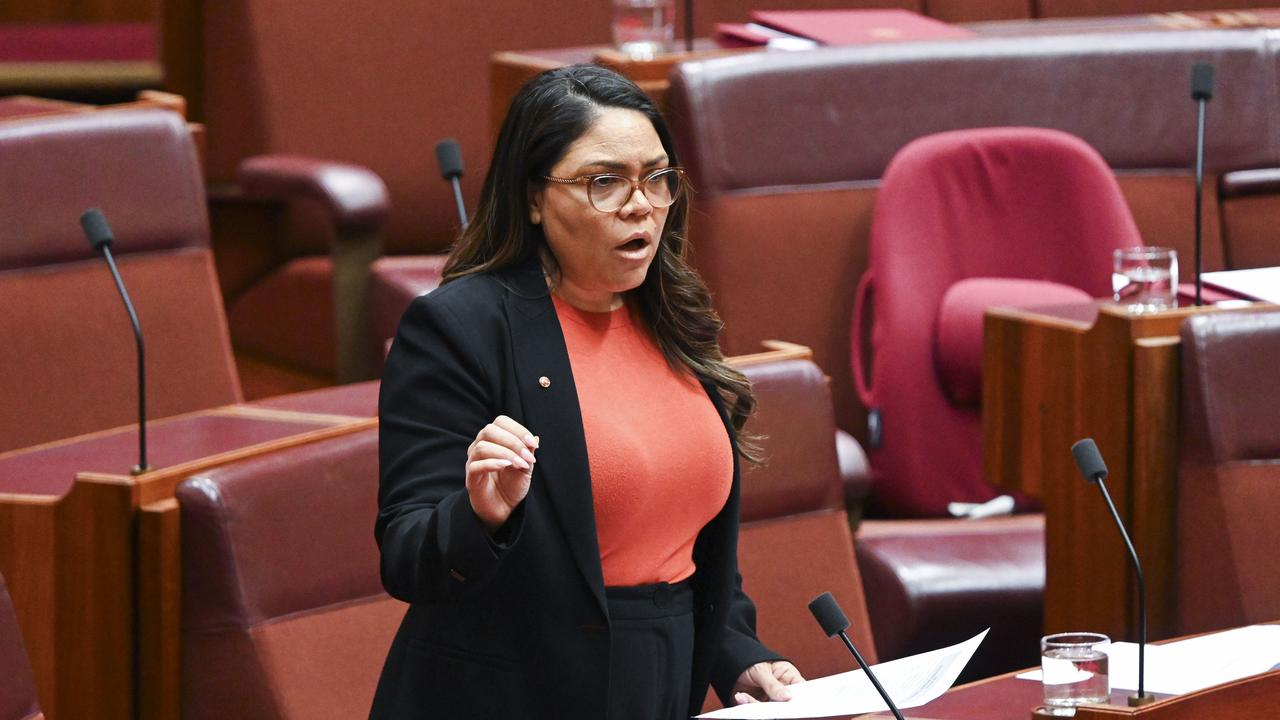
While she stands firmly on the No side of the campaign, the senator said she went into politics because of the need in Canberra for an understanding of traditional culture.
She said she has wanted to use her role to save lives and stop burying loved ones.
But she claims those in the Yes camp of the campaign are missing the point; saying campaign director Dean Parkin spoke “nonsense” when he said a gap exists generally between Indigenous Australians and non-Indigenous people.
“The Gap exists between (those who are) marginalised and those who aren’t,” Ms Price said.
“Dean Parkin is not marginalised but he’s Indigenous, but the proponents of the Voice are suggesting that as a race of Australians we are inherently disadvantaged.
“I’m not disadvantaged, Dean Parkin isn’t disadvantaged, Noel Pearson certainly isn’t disadvantaged, he lives in Noosa, but the truth of the situation is the gap exists between the marginalised and those who aren’t.”
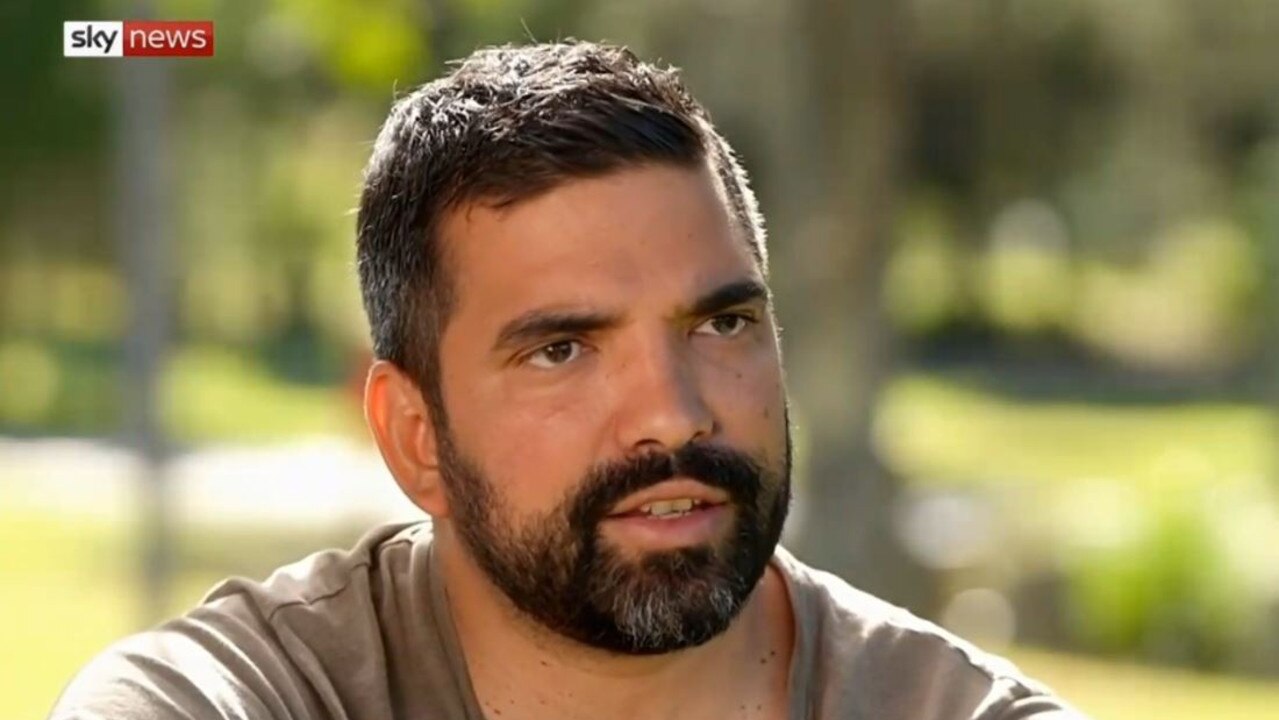
“FACT NOT OPINION”
For the Voice to be enshrined it requires the support of the majority of Australians as well as the majority of states. None of the previous 44 referendums have been successful without bipartisan support.
Louise Clegg, a barrister specialising in constitutional law (who is married to Coalition frontbencher Angus Taylor), said that while everyone working on it has “the very best intentions”, the plan needs to be thought through some more.
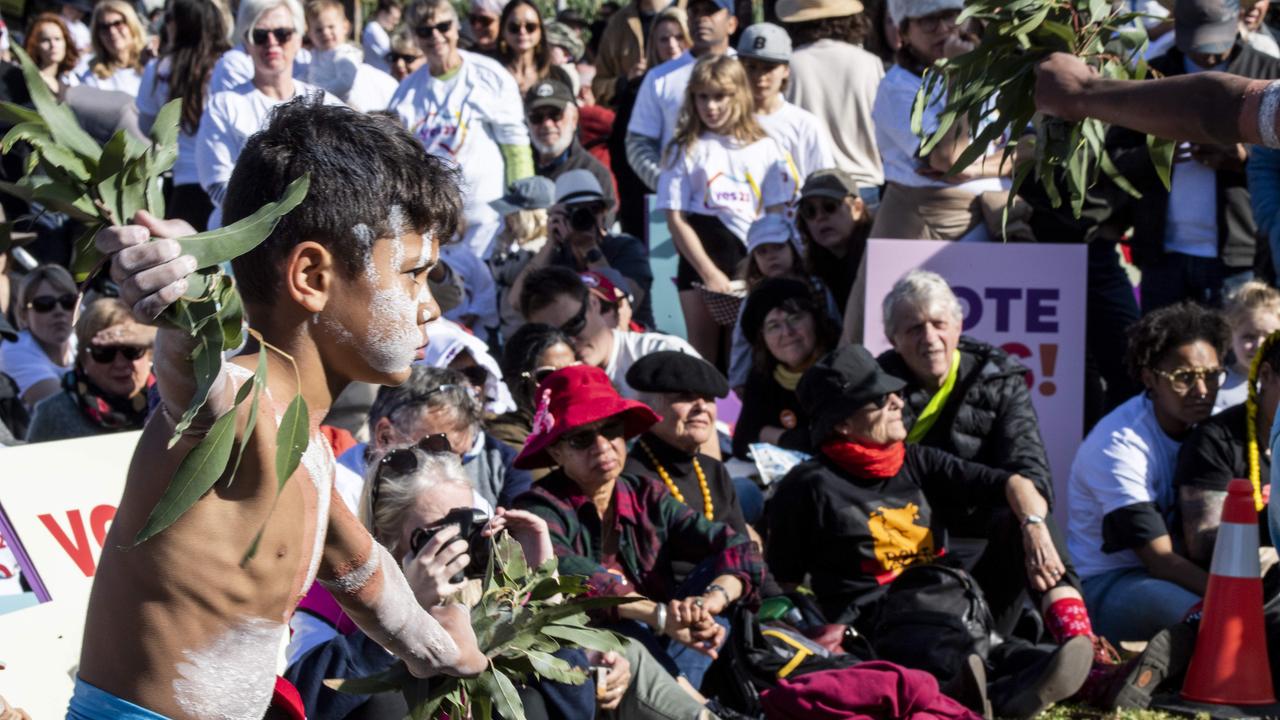
“They have conceptualised this idea of Indigenous people being heard as a right in the Constitution, and that I understand,” she said.
“There have been so many people who are so well intentioned … and we all want reconciliation and Indigenous recognition in the Constitution.
“But there are very many ways to skin this cat and this is a really, really radical and experimental way to do it.”
Australians will be asked to vote on the following question: “A proposed law: to alter the constitution to recognise the first peoples of Australia by establishing a Aboriginal and Torres Strait Islander voice, do you approve of this proposed alteration?”
The proposed law that Australians will be asked to vote on at the referendum would insert the following lines into the Constitution:
In recognition of Aboriginal and Torres Strait Islander peoples as the First Peoples of Australia:
1. There shall be a body, to be called the Aboriginal and Torres Strait Islander Voice;
2. The Aboriginal and Torres Strait Islander Voice may make representations to the parliament and the Executive Government of the Commonwealth on matters relating to Aboriginal and Torres Strait Islander peoples;
3. The parliament shall, subject to this Constitution, have power to make laws with respect to matters relating to the Aboriginal and Torres Strait Islander Voice, including its composition, functions, powers and procedures.
When she first saw how the questions were phrased, Ms Clegg said the wording would be code for an “entrenched political right in the Constitution on everything”.
She said it would allow the Voice to parliament to have an “additional say” and the power to advise the government on any matter.
“That’s not my opinion, that’s fact,” she said.
“The proponents, they say openly they need a Voice that goes beyond Indigenous affairs and extends to things like climate change, taxation, welfare and tourism.”
YES vs. NO
Prime Minister Anthony Albanese said he had met seven times with Peter Dutton, and on no occasion did the opposition leader put forward any proposed wording change before ultimately deciding the Coalition would vote no.
He said the Voice is “simple” – an advisory group to the government on matters which affect Aboriginal and Torres Strait Islander people, which is not a funding body and that will give advice in order to close the gap on health, education, housing and incarceration rates.
Mr Dutton has said the Prime Minister is “being tricky and dividing the country”.
“I don’t believe a body of 24 elites with a Canberra-based voice is going to make a difference for Indigenous people in regional and remote areas,” Mr Dutton said.
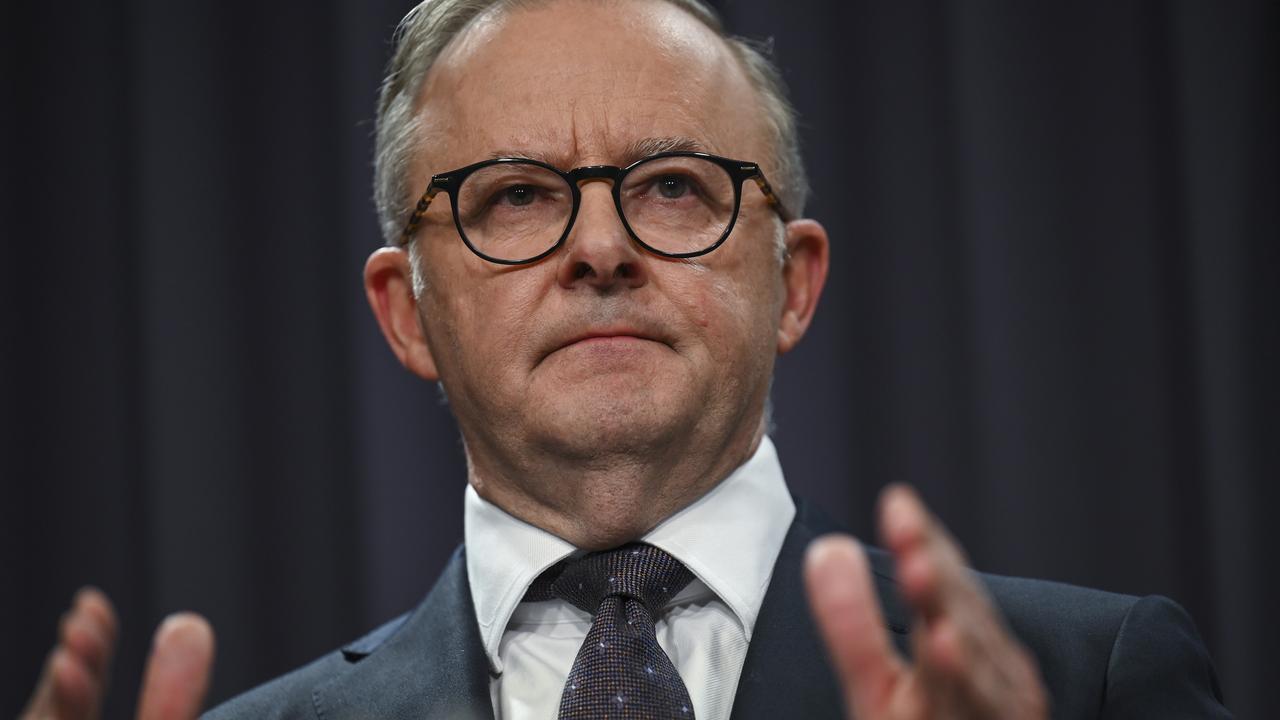
“We’ve proposed a local and regional voice … if they are given a voice, they should be given ample resources.”
The Prime Minister said in the documentary that the coming months should be a time for the country to unify, but his counterpart said Mr Albanese was counting on the referendum passing “on the vibe”.
“This will get through on the vibe and he doesn’t need to explain it,” Mr Dutton said.
“It’s a fatal error of judgment … if the Prime Minister is after his moment in history, that’s fine, but it’s not going to serve Indigenous communities or the broader public.”
Mr Dutton argued the decision to withhold details undermined the democracy, and claimed it was a deliberate strategy of Mr Albanese to keep details from the Australian public.
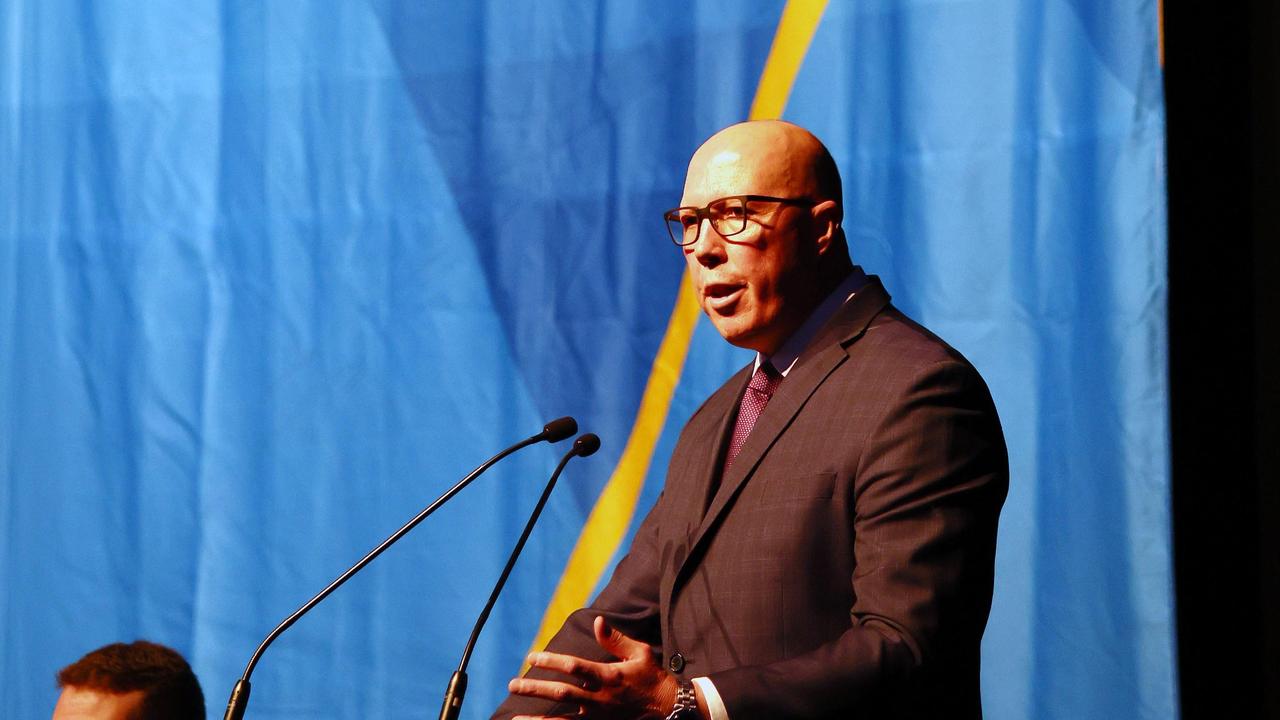
Mr Dutton said: “It will set back reconciliation and frankly I think it’s why the Prime Minister should delay the vote.”
But Mr Albanese said once the vote passes, and he is confident it will, things will begin to come together.
“I’m being optimistic, going forward I think that obviously it will be disappointing if that (successful referendum) doesn’t occur, but we know that constitutional change is hard in this country,” Mr Albanese said.
Ms Price said whatever the result of the vote, there will have to be “a lot of work” to fix the fractures which have taken place as a result.
“I CAN ONLY SEE DESPAIR”
Cape York Partnership founder Noel Pearson has acknowledged more work needs to be done to convince Australians to vote yes, but said a failed referendum would be catastrophic.
Mr Pearson has been a key architect of the campaign and said the simplification of the wording was to “make it clear it was not a structure of parliament”.
“You could not get a more safe and more thoroughly examined proposition than the one the government adopted,” he said.
However, he conceded it was reasonable for people to ask for more detail, saying it’s understandable for people to want to “interrogate” the wording.
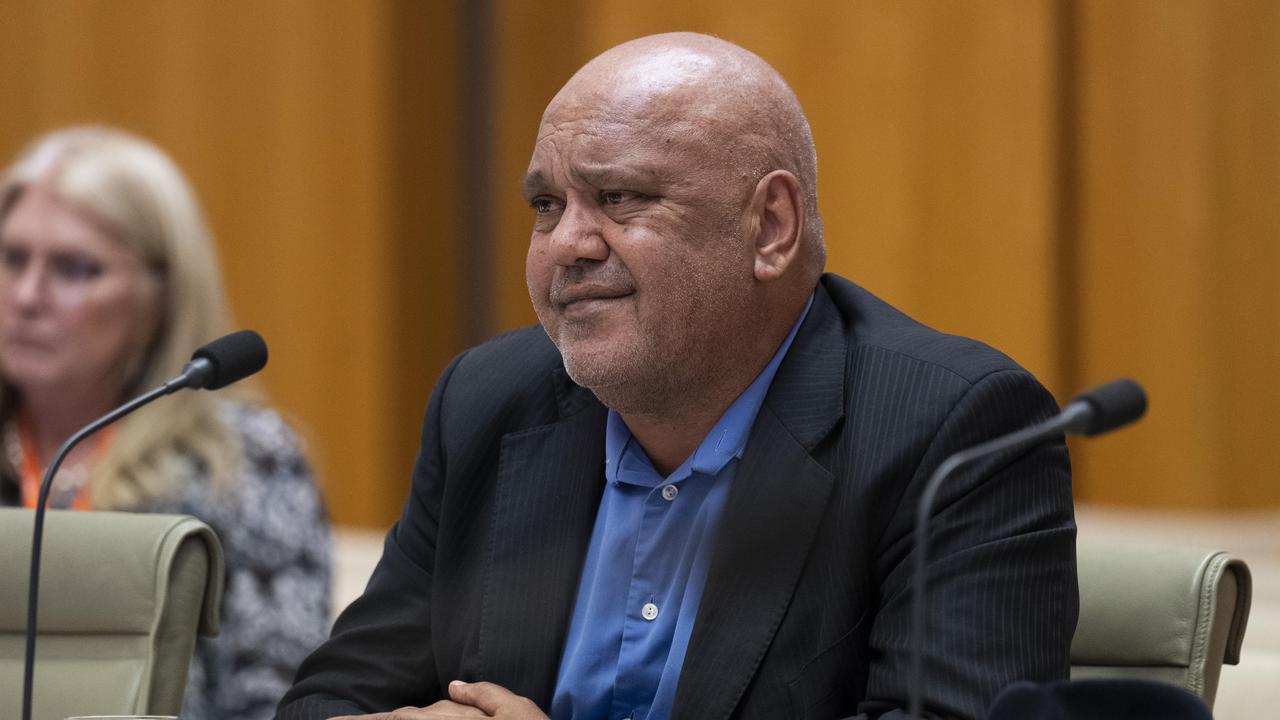
The last referendum in Australia was held in 1999 and was a proposed law to establish Australia as a republic with the Queen and Governor-General being replaced by a President.
The vote failed and there has been no push for another one in the 24 years since, which is why people like Mr Pearson are pushing for success on the first try.
Mr Pearson said people needed to be listening to the solutions and be willing to understand.
He issued a dire warning that if the vote isn’t successful: “I can only see despair.”
“I cannot see any good flowing from a no vote,” Mr Pearson said.
Yes23 campaign director Dean Parkin, who is deeply proud of his Indigenous culture, said the referendum could be a “signifying moment” for the country.
“HEATED AND DIVISIVE”
A staunch supporter of the no campaign, Warren Mundine, believes the debate is putting “race back into the Constitution”, saying the whole thing is built “on a falsehood”.
He claims there are already many Indigenous voices in parliament and the money could be better spent elsewhere.
“I go to Canberra and I’m tripping over Aboriginals … we’re going to spend $380 million on a referendum,” he said.
“Why are we spending that amount of money when we can be spending that money better?”
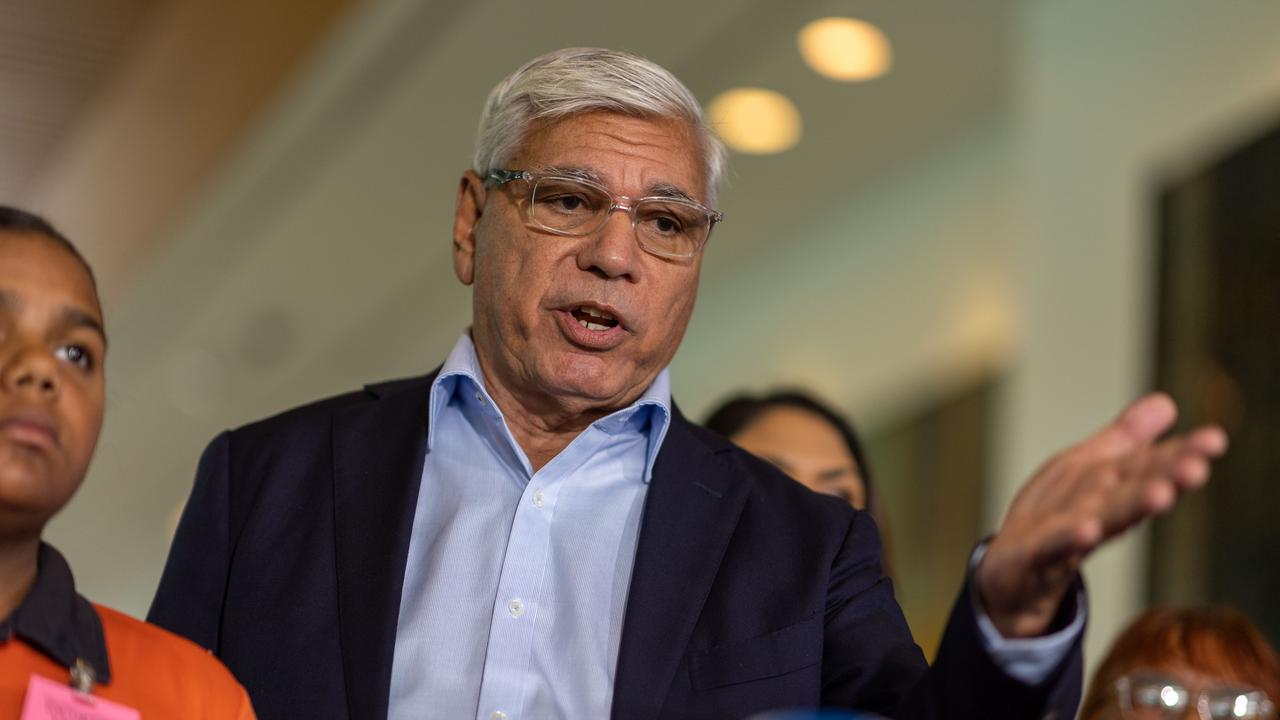
Mr Mundine is worried that the decision won’t be made by the people it affects. He argued the majority of Indigenous people don’t know there is a Voice, and the politicians can’t be trusted.
His campaign has started to become personal, with Mr Mundine claiming he has become a target for online abuse due to his support of the No campaign.
“You only have to look at my Twitter, I’ve been called everything under the sun,” he said.
While he isn’t concerned about the words turning into actions, Mr Mundine made a shocking revelation that he had tried to take his own life.
“I tried to commit suicide twice, so it does have an affect on you,” he said.
“It’s becoming heated and divisive.”
Mr Mundine has since begun therapy and said he has also tried to laugh off the hate as a way of coping.
The Voice: Australia Decides will be available on demand on Sky News (channel 103 and 600) and Sky News The Voice Debate (channel 603) on Foxtel. It will also be available on Skynews.com.au




